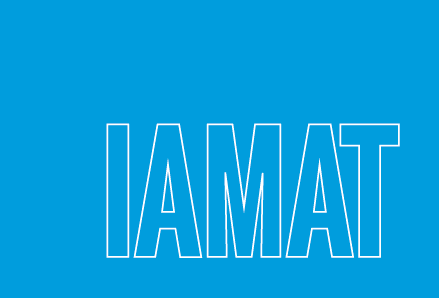We’ve been getting many online inquiries from people who are getting ready for aid missions in Haiti. Emergency relief efforts are underway to help Haitians recover from the devastating earthquake of January 12.
Prior to the earthquake, Haitians were already struggling with access to health care, clean water, and proper sanitation. Only 11 percent of the population had access to water in their homes and the median life expectancy is 60 years. While the death toll continues to mount and survivors have to rebuild their lives, there is hope that reconstruction efforts can be done in such a way that Haitians affected by the earthquake will have universal access to proper shelter, food, and clean water.
So what do you need to look for if you are going to Haiti?
Malaria: Falciparum malaria (the deadly type) is endemic in Haiti. Malaria is present throughout the country, including urban areas. IAMAT recommends a Chloroquine (ARALEN) regimen in weekly doses of 500mg (300mg base). Start one week before entering the malarious area, continue weekly during your stay, and continue for four weeks after leaving the country. See the IAMAT World Malaria Risk Chart and How to Protect Yourself Against Malaria Chart for prevention and treatment information.
Typhoid, Hepatitis A, Diarrhea: These gastro-intestinal infections thrive in areas with poor sanitary and hygienic conditions. Prevention includes drinking purified water, eating well cooked foods, and peeling your own fruits. Vaccination against typhoid and hepatitis A is also highly recommended. Based on your current health status, consult your healthcare practitioner to see if you need a prescription for medication to prevent diarrhea.
Hepatitis B: This viral infection is transmitted through infected blood products, sexual intercourse, or infected items such as needles or razor blades, and may cause severe liver damage. IAMAT recommends this vaccine for your protection. It is usually combined with the hepatitis A vaccine.
Tuberculosis: This air-borne infection caused by mycrobacteria is endemic in Haiti. IAMAT recommends getting a pre-departure TB skin test and to get re-tested upon your return home.
Dengue Fever: This parasitic infection is transmitted by the daytime biting Aëdes aegypti mosquito. IAMAT recommends taking anti-mosquito bite measures, including applying repellent containing DEET on exposed skin and applying permethrin spray or solution to clothing. Risk is present year-round in Haiti, although outbreaks usually occur from April to September.
Post-Traumatic Stress Disorder: Witnessing the devastation may have an impact on your mental health. Burn-out, stress, and trauma is common among aid workers.
Rabies: This viral infection is transmitted through the saliva of infected animal bites which affects the brain and the spinal cord, and may be fatal. IAMAT recommends getting the pre-exposure rabies vaccination (three shots).
See IAMAT’s complete list of disease risks in Haiti. Unfortunately, we do not have medical contacts in this country at the moment. Your consulate or embassy should be able to help you find appropriate medical care.
If you are looking to donate to, or volunteer for, medical charities operating in Haiti, here is a list to get you started:



